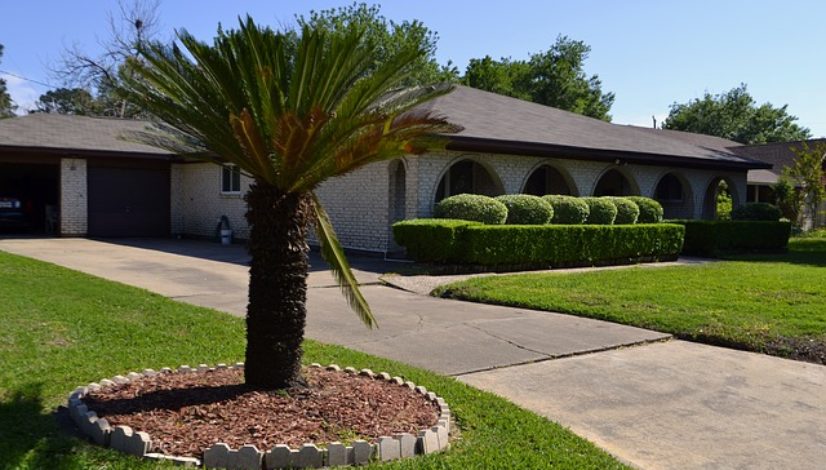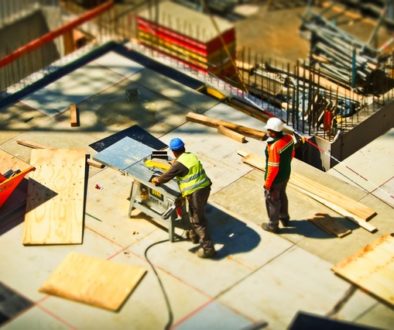Are you in a dispute with your homeowners association?
A homeowners association (HOA) can protect property values in the neighborhood by setting rules and regulations, maintaining common amenities and ensuring that renovations and repairs are completed on time and in uniformity with neighborhood standards. They act in the best interest of the neighborhood (or another common interest development, such as a building), as opposed to in the interest of individual homeowners.
Most associations maintain a set of covenants and codes and collect fees and assessments. These should be in accordance with the association’s foundational documents and are generally expected to be reasonable. However, each association sets its own rules, and people naturally disagree about the reasonableness of rules, so disputes are relatively common. It’s also possible to get into disputes over how the rules are enforced, how fees and assessments are set, and how the association is managed.
What kinds of rules do homeowners associations set?
Homeowners associations generally have broad authority to regulate the maintenance and outward appearance of each lot or anything else that could impact property values. What items they have a right to regulate are determined by the articles of association or other foundational documents.
Typical things HOAs regulate include:
- Exterior appearance, including paint/siding colors, shingles, flower boxes, mailboxes, etc.
- Landscaping, including maintenance requirements
- Fences, hedges and shrubbery and sheds
- Structures for children, such as swing sets, play houses and basketball hoops
- Lawn ornaments, political signs and other temporary items
- The kind and number of pets allowed
- Vehicle parking
- Noise
- Whether home-based businesses are allowed
What fees and assessments are allowed?
Again, the allowed fees and assessments are authorized by the association’s articles and foundational documents. Typically, reasonable fees can be charged for items such as the maintenance of streets and other shared areas, the operation of share amenities and the enforcement of codes and covenants. Assessments are typically periodic charges for major repairs or renovations, such as to replace the roof on a clubhouse.
What should I do if I get into a dispute?
With all of these variables, disputes are relatively common. If you have been told you are violating a rule or covenant, or if you have been billed for an unreasonable fee or assessment, a good first step is to contact the association board about your options.
If you cannot reach an agreement, the next step is to determine if the HOA has the authority under its own articles to enforce the rule, covenant or charge. This may best be done by an attorney familiar with real estate and HOA law. If the HOA is within its rights, your lawyer can tell you if you still have a legitimate claim.


